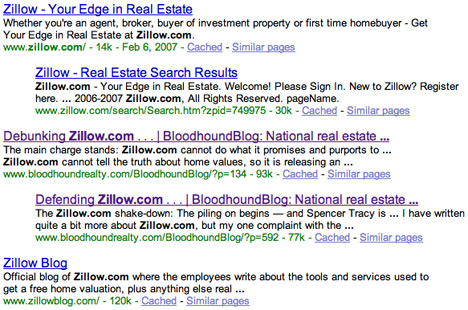This is me in today’s Arizona Republic (permanent link).
Sellers: Ready for cherry-picking time?
We can’t grow cherry trees in the desert, but it’s cherry-picking time in the Phoenix real estate market.
Why? Because even though the buyers seem to be coming out in normal numbers, there is still a large surplus of inventory for sale.
The implication? Buyers are going to shop for the best overall value — price, preparation, presentation. In other words, they’re going to pick the cherries and leave the rest.
From the buyer’s agent’s side of the transaction, we’re going to look at a lot of houses. If buyers have a very tight set of criteria for their home search, normally they might have four or six or eight choices on their short list of candidates. In this market, the short list of possibly acceptable homes might run to 10 or 20 houses.
One would think that would make it easier to choose, but, in fact, no one house will have everything buyers might want. They can end up with a short-short list of homes that might work, each one of which falls slightly short of abstract perfection.
The consequence can be analysis paralysis, the inability to make a decisive choice among two or three cherry-picked homes.
But what happens to all the others?
From the seller’s point of view, the frustration can be huge: “My home is showing — finally. Why isn’t it selling?”
If the home isn’t a cherry waiting to be picked, or if the price is not very aggressive, the marketing effort might be hopeless. If buyers are dithering over two nearly perfect choices, then the other 18 houses they looked at are already out of the running.
But even that perfect cherry of a home — priced right, staged beautifully and in perfect repair, broadly marketed — can languish on the market. Your home can be the second choice again and again before some buyer falls deeply in love.
In the long run, things will settle down. In the nearer term, if you want your home sold, make sure it is the cherry buyers will want most to pick.


